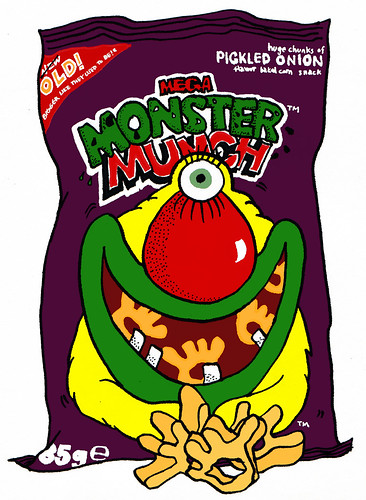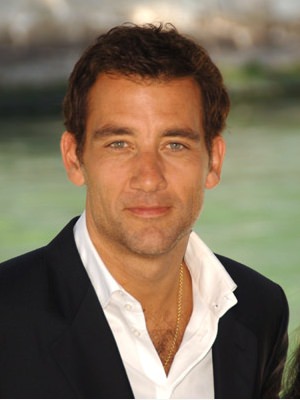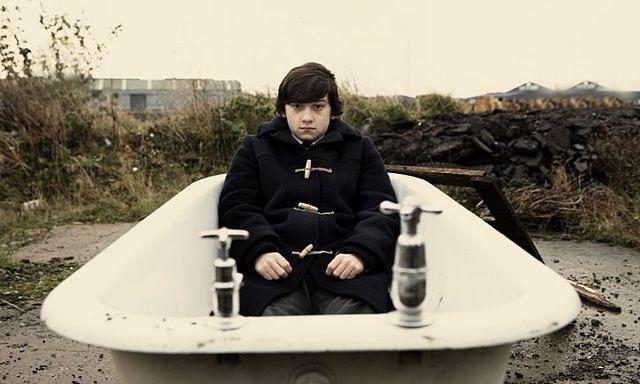5 Things I Like About Darts:
- The tension - it may not be played by perfect physical specimens (and the close-ups on the throwing arm don't exactly highlight the peak of athleticism) but there is intense concentration, accuracy and skill going on up there
- The crowd - they love it! Chanting along with the cheerleaders (who only know how to perform one 'dance') and entrance music (yes, really, like boxers, albeit in sumo suits), drinking copious quantities of amber liquid, encouraging every throw and feeling every miss, and waving signs declaring 'we're supposed to be at work', they are raucous and jovial and clearly having a great time
- The pace - it's quick, scarcely has one leg finished before the next begins, and there is barely time to go to the bar. It's certainly fast, if not particularly furious
- The jargon - there are legs and sets (indeed, just like tennis) and triple tops and you have to finish on a double and you can do it in five and be on a finish - it's not quite silly mid-on and daisy-cutters, but we're getting there
- The pyschological drama - players can win or lose on body language alone, and they stand very close to each other for quite a lot of the tine














